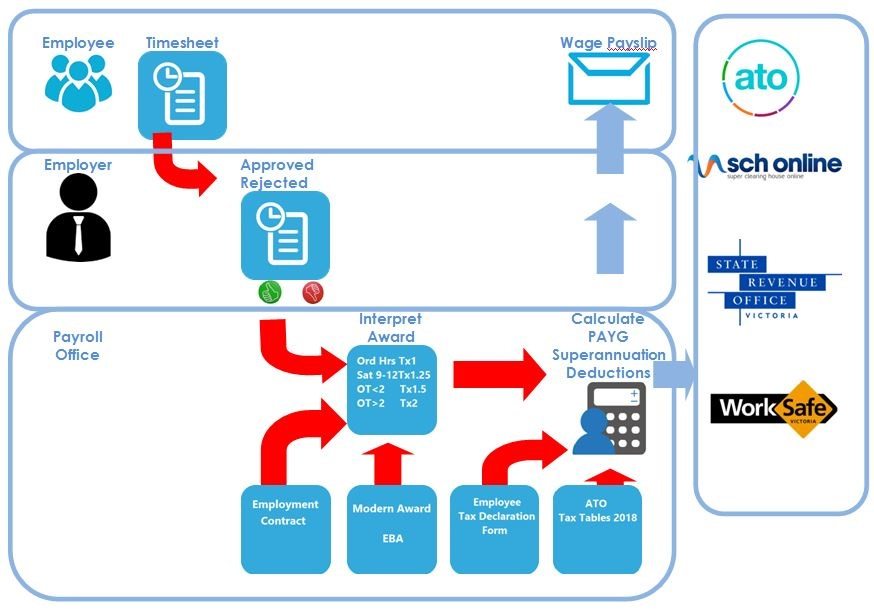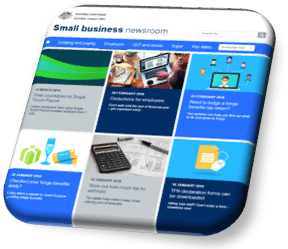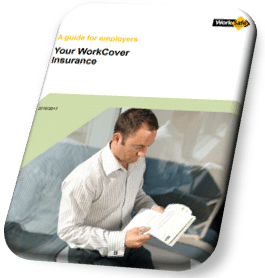
Managing your first employees, following a well trodden path, or a leap of faith?
The most inspiring stories on LinkedIn relate to individuals who have plucked up the courage to get off the corporate treadmill and set up their own business. Empowering, creative, brave but always optimistic. And when concepts are proven and customer uptake is on the rise, it’s time to leverage your business acumen through like minded people who share your values…yes it’s time to hire your first employees. Search and Select yourself or go through a Recruitment agency? That’s your first decision for the Hiring phase.
 But hiring is only the first phase. Hiring, Managing, Releasing. Each of these phases is made up of several activities. Today we’re looking at one aspect of Managing and that is Payroll.
But hiring is only the first phase. Hiring, Managing, Releasing. Each of these phases is made up of several activities. Today we’re looking at one aspect of Managing and that is Payroll.
Fairly boring and nowhere near as inspriational as Enchanting your Customers, Providing aspriational Leadership, or Performance Management. Payroll is a hygiene factor, get it right and nobody will notice. Get it wrong and people get quite upset. Surprisingly a lot of entrepreneurs aren’t driven by money, but rather success of pursuing challenges and realising lofty visionary dreams.
But not everybody get’s grumpy when payroll is mismanaged. The Australian Tax Office, State Revenue Office, WorkCover Insurance and Superannuation Clearing Houses don’t get grumpy, they get even. Little mistakes can sometimes be indicative of problems with consistency and accuracy. Little mistakes can sometimes trigger audit requests. But always little mistakes will incur penalties. Penalties can take the shine off the Visionary glean. And when the tarnish kicks in life just becomes unecessarily difficult. Maybe even easier before you hired employees.
At iq people we’ve payrolled literally thousands of staff over the last 15 years. So a lot of it seems like common sense, and we sometimes forget that new employers are travelling blindfolded through a compliance minefield. So to help we’ve provided some links below to assist you in putting together your own payroll process.
Payroll Process
Firstly let’s look at the overall process and then review some of the key offices for payroll compliance
Links to offices for payroll compliance
PAYG Witholding Tax
As an employer, you have a role to play in helping your payees meet their end-of-year tax liabilities. You do this by collecting pay as you go (PAYG) withholding amounts from payments you make to:
- your employees
- other workers, such as contractors, that you have voluntary agreements with
- businesses that don’t quote their Australian business number (ABN)
A few things to remember:
- You must register for PAYG withholding before you are first required to withhold an amount from a payment.
- If you cease to be an employer you should cancel your PAYG withholding registration.
- Before you enter into a work agreement or contract, you need to check that the worker is legally allowed to work in Australia.
- PAYG withholding is different to payroll tax. Payroll tax is a state tax.
Payroll Tax
If pay wages in Victoria and if your monthly Australian wages bill exceeds $52,083 you will have to pay payroll tax.
Workcover Insurance
Your WorkCover Insurance provides cover for the costs of benefits if your
workers are injured or become ill because of their work. It is a legal requirement
for most Victorian employers to register for WorkCover Insurance.
If you are, or you become an employer and you are paying, or expect to pay,
your workers over $7,500 in the financial year then you must register for
WorkCover insurance to cover them.
Superannuation
The Australian Government sets minimum standards for employer contributions on behalf of employees. Employers are required to make employer contributions for employees earning more than $450 per month, although some exceptions may exist for employees aged under 18 and employees aged over 70.
Employee Awards and Enterprise Bargaining Agreements
The Fair Work Commission of Australia regulate employment remuneration conditions
Your employee will be covered under an Award or and Enterprise Bargaining Agreements
An employer needs to be understand all of the elements of the Award or EBA. Regarding payroll it is important to be able to interpret an Employees approved timesheet in relation to the relevant award to determine the Gross Wages earned
It could be easier
A Payroll competency, like many aspects of business, can often become more consistent and relatively simpler as your team climbs the experience curve. If, during a growth phase in your business, you have the time to learn and deliver payroll for your new employees, you will likely receive good support from the links provided above. As the Australian Tax Office introduce Single Touch Payroll compliance on July 1 2018, it becomes important to confirm your own readiness. Alternatively if you would like to focus on what you do best, and leverage our position on the Payroll experience curve, certainly contact us today, call 9259 0900  and ask for Tony.
and ask for Tony.







